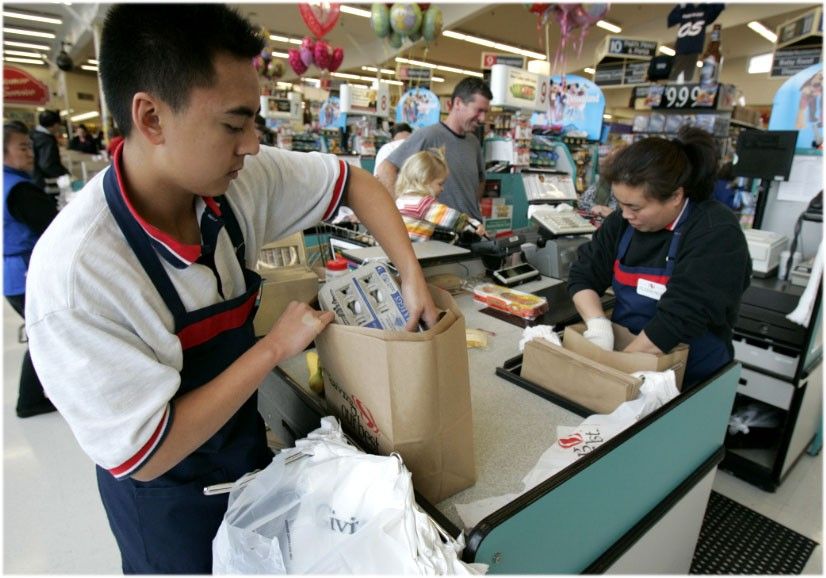
San Francisco to Ban Straws, Plastic Bags to Protect BaySan Francisco to Ban Straws, Plastic Bags to Protect Bay In a bold move to combat plastic pollution and safeguard the San Francisco Bay ecosystem, the city’s Board of Supervisors has unanimously approved a ban on single-use plastic straws and plastic bags. The ban, which will take effect in July 2019, aims to reduce the staggering amount of plastic waste that ends up in the bay and its tributaries. Straws and plastic bags are among the most common litter items found in San Francisco waterways and along the shoreline. “This is a significant step forward in our efforts to protect our bay and oceans from plastic pollution,” said Mayor Mark Farrell. “Our actions will help reduce the amount of harmful plastic that enters our waterways and harms marine life.” Plastic straws, which are often used for a few minutes, take hundreds of years to decompose. They can also be ingested by animals, causing injury or death. Plastic bags, on the other hand, often end up as litter on land and in waterways, where they can trap wildlife and clog drains. The ban will apply to all businesses and individuals in San Francisco. Businesses will be prohibited from providing plastic straws unless requested by a customer. They will also be required to collect and dispose of straws in a responsible manner. The ban on plastic bags will apply to all retail establishments. Customers will be encouraged to bring their own reusable bags or purchase compostable bags from stores. The San Francisco ban is part of a growing trend of cities and countries taking action to reduce plastic waste. In California, several cities have already banned plastic bags, including Berkeley, Oakland, and Los Angeles. The ban is expected to have a positive impact on the health of the San Francisco Bay. By reducing the amount of plastic pollution entering the bay, the ban will help protect marine life, improve water quality, and reduce the risk of flooding.
Posted inNews